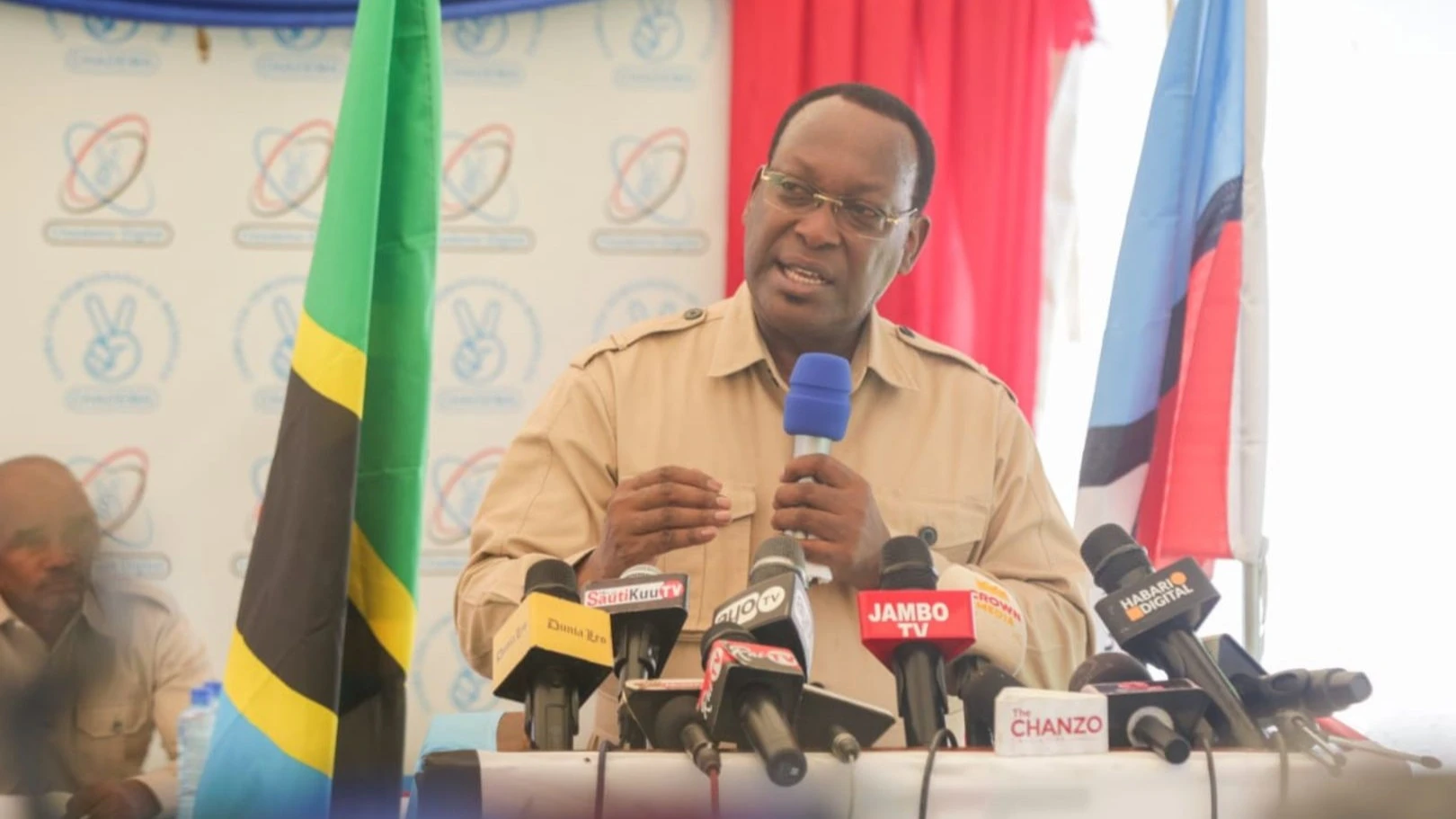Export compliance: TCB registering coffee farmers

THE Tanzania Coffee Board (TCB) is proceeding with a comprehensive re-registration of all coffee farmers across the 17 coffee-producing regions, following new market conditions set out by the European Union (EU)
Primus Kimaryo, the TCB director general, said in a statement here at the weekend that the EU market, which purchases 50 percent of Tanzania’s coffee, now requires that all exported coffee be certified as not contributing to environmental harm.
All crops exported to EU countries need to be free from links to environmental destruction, he said, noting that compliance is vital to ensure the country maintain access to EU markets.
The requirement covers coffee, soybeans, timber, rubber, palm oil and cacao, where re-registration involves farmers presenting identification, their photos taken and providing detailed information about their farms, the duration of their coffee cultivation and specific farming practices, he said.
This information will help to demonstrate that Tanzanian coffee is produced sustainably and does not result in environmental damage, he said, requesting full cooperation from district councils in coffee-growing regions to facilitate re-registration.
Underlining the urgency of the matter, he said that starting early next year, all crops exported to the EU must be certified as deforestation-free, while the Agriculture ministry checks with the EU on regulations on pesticide use, seed types or availability and other farming practices.
“I urge farmers to view this registration as a vital step to maintain access to the EU market,” he said, affirming that the exercise commences this month in Kagera Region, where over 40 percent of local coffee originates.
“We will then proceed to the Songwe and Ruvuma regions, followed by Kilimanjaro, Manyara and Arusha. Other regions will be covered subsequently, based on market conditions,” he elaborated.
The board expects to use the current registration systems, in collaboration with cooperatives and agricultural officers in each district. University students capable of using farm boundary equipment, agricultural extension teams and ward officials will also be involved, he said.
Approximately 400,000 households grow coffee, with 90 percent of producers being small-scale farmers, maintaining over 220,000 hectares in 17 regions, he added.
Top Headlines
© 2024 IPPMEDIA.COM. ALL RIGHTS RESERVED






















